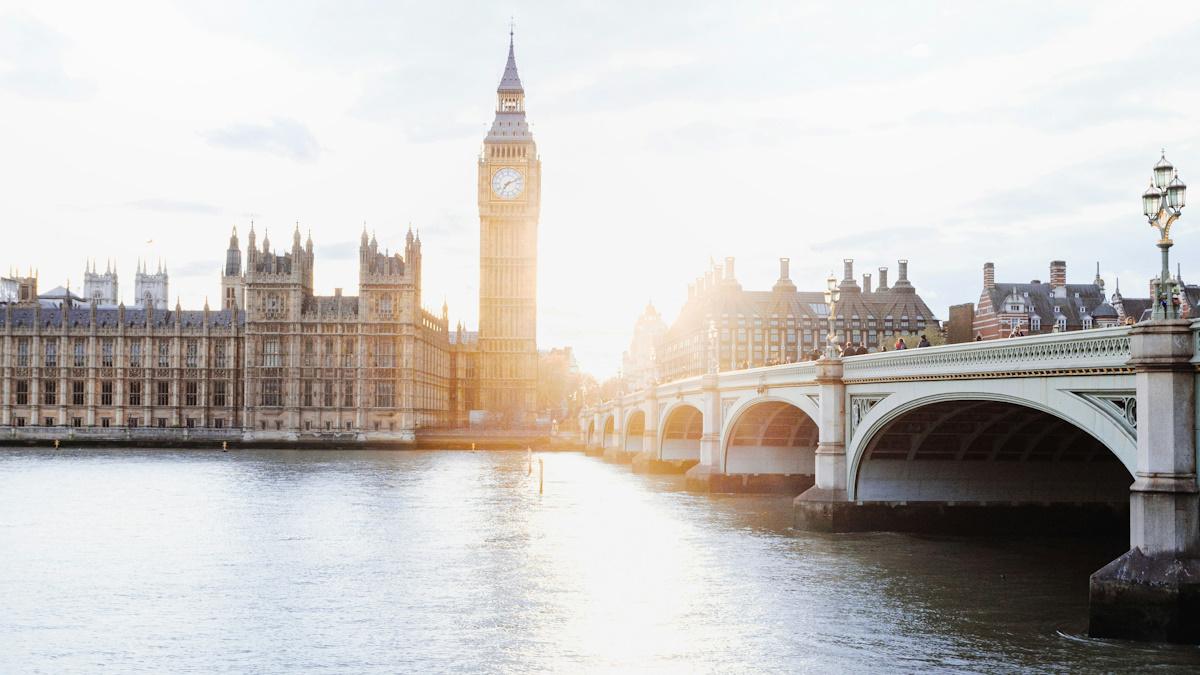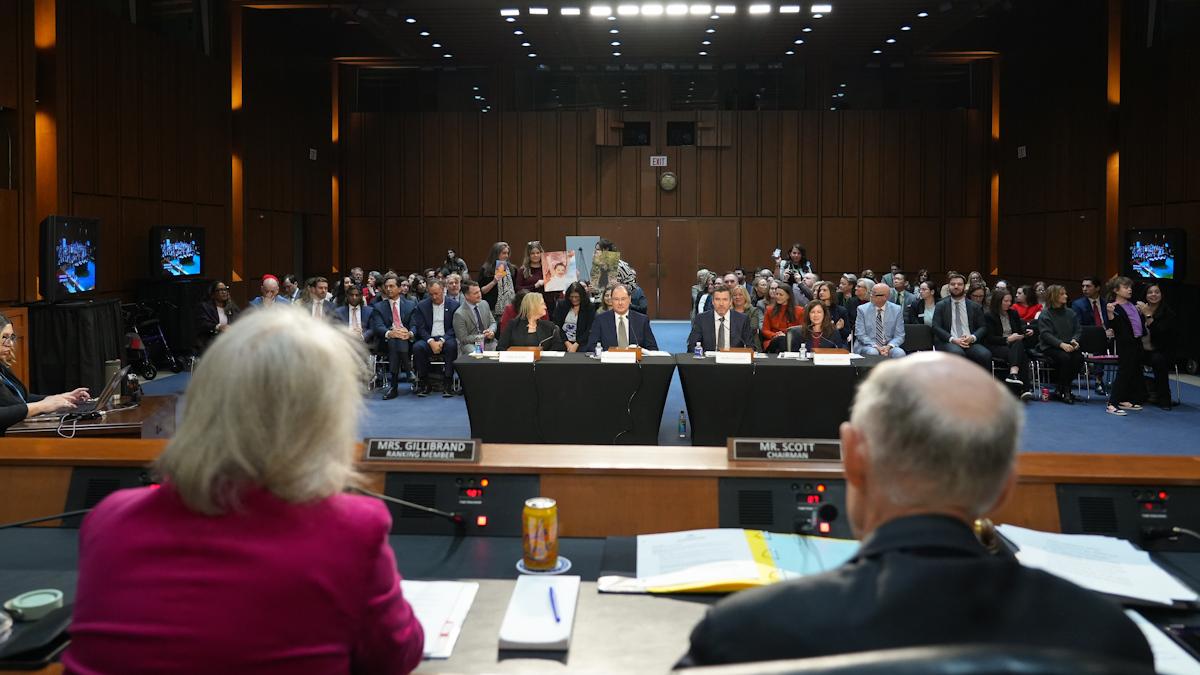UK Chancellor pledges £22bn rise in day-to-day NHS spending

In a historic moment today, Rachel Reeves became the first female UK Chancellor to deliver a Budget statement, which featured a major cash injection into the NHS.
Her combative performance, delivered over an hour and 20 minutes, was punctuated by repeated attacks on the record of the previous government, including the disputed claim that Labour inherited a £22 billion hole in public finances.
The headline health news is a £22.6 billion rise in day-to-day funding of NHS over this financial year and next, and a £3.1 billion increase in the capital budget, which the Chancellor said is the largest increase in spending since 2010 outside of the COVID-19 pandemic.
Around £1 billion of the capital investment in 2025 will go to address the backlog of repairs and upgrades across the NHS "to increase capacity for tens of thousands more procedures," said Reeves. It comes after an earlier announcement of £1.5 billion for new beds in hospitals across the country, new capacity for over a million additional diagnostic tests, and new surgical hubs and diagnostic centres.
£100 million is earmarked for 200 GP estate upgrades across England, which the government said would support improved use of existing buildings and space, boosting productivity and enabling delivery of more appointments.
"We can now begin to bring waiting lists down more quickly and move towards our target for waiting times to be no longer than 18 weeks by delivering on our manifesto commitment for 40,000 extra hospital appointments a week," said the Chancellor.
Aside from the NHS plans, the topline takeaways from the Budget are £40 billion in tax increases, including £25 billion from National Insurance increases for employers, along with rises for capital gains tax, inheritance tax, and stamp duty paid on property purchases that are expected to raise around £9 billion.
There was an increase in the minimum wage and a surprise announcement that the freeze on income tax and employer National Insurance thresholds will not be extended beyond 2028 to avoid "hurting working people," according to Reeves. The carer's allowance for people looking after the elderly or disabled has also been increased.
She also pledged to protect government investments in R&D with more than £20 billion of funding, including £6.1 billion for areas like "engineering, biotechnology, and medical science."
That was welcomed by the Association of the British Pharmaceutical Industry (ABPI), which said it liked the focus on stability, investment, and long-term growth in the Budget, as well as increases to NHS funding, a £520 million life sciences innovative manufacturing fund, and investment in R&D, including increased funding for the National Institute for Health Research (NIHR).
"Despite the tough fiscal environment, today's Budget is a clear indication that the government sees life sciences at the heart of its growth mission," said the trade organisation's chief executive, Richard Torbett.
Meanwhile, BioIndustry Association (BIA) CEO Steve Bates said he was pleased by the Chancellor's recommitment to R&D tax credits "at current rates for this parliament."
Former Prime Minister and Leader of the Opposition Rishi Sunak, in his last public duty in the role, claimed the Budget broke Labour's manifesto promises and is an "enormous borrowing spree" that is anti-business and damaging confidence in the UK economy.
Photo by Hugo Sousa on Unsplash












